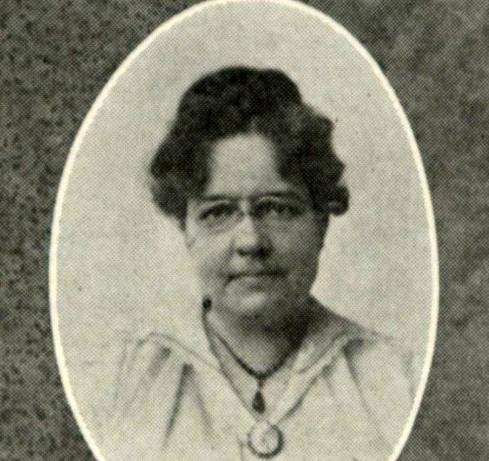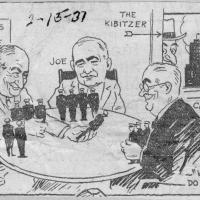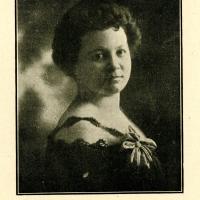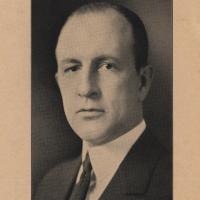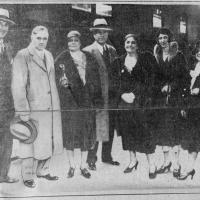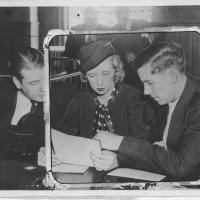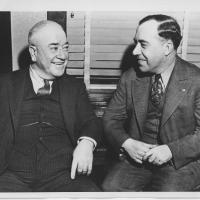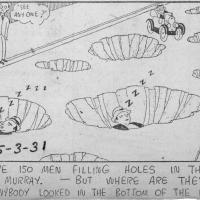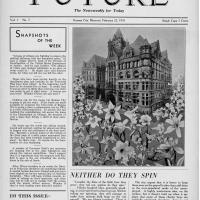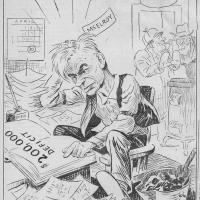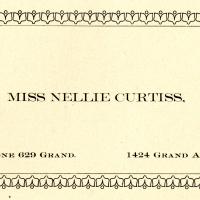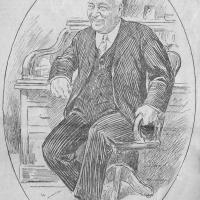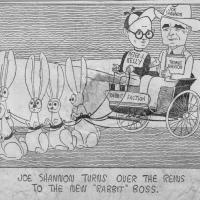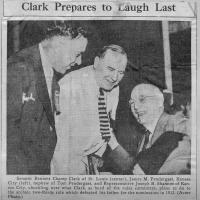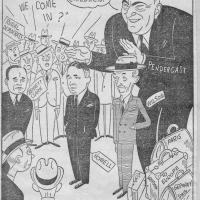Machine Politics, Organized Crime, and Reform
For nearly a decade and a half between 1925 and 1939, political boss Thomas J. Pendergast (or simply "Boss Tom"), an unelected dealmaker and leader of the local "goat" Democratic faction, consolidated control of Kansas City's machine politics and ruled its government and criminal underworld with impunity. Prior to those years, Boss Tom and his elder brother, James F. Pendergast, who died in 1911, had long vied for control with other aspiring bosses. Chief among the rivals was Joseph B. Shannon, leader of the "rabbit" faction of the Democratic party. Boss Tom, the namesake of this website, overshadowed Kansas City and exerted influence on most of the best and worst aspects of its history throughout his reign. As reform efforts swept in and the Pendergast Years faded away, so did much of the city's Jazz Age identity.
Featured Article
Kansas City women–members of the Athenaeum, the Woman’s City Club, and other organizations–sought to assert power in their community and beyond. Coming from Republican and independent Democratic backgrounds, and abhorring the influence of the Democratic machine, they embraced a progressive spirit that revered what they envisioned as good government.
